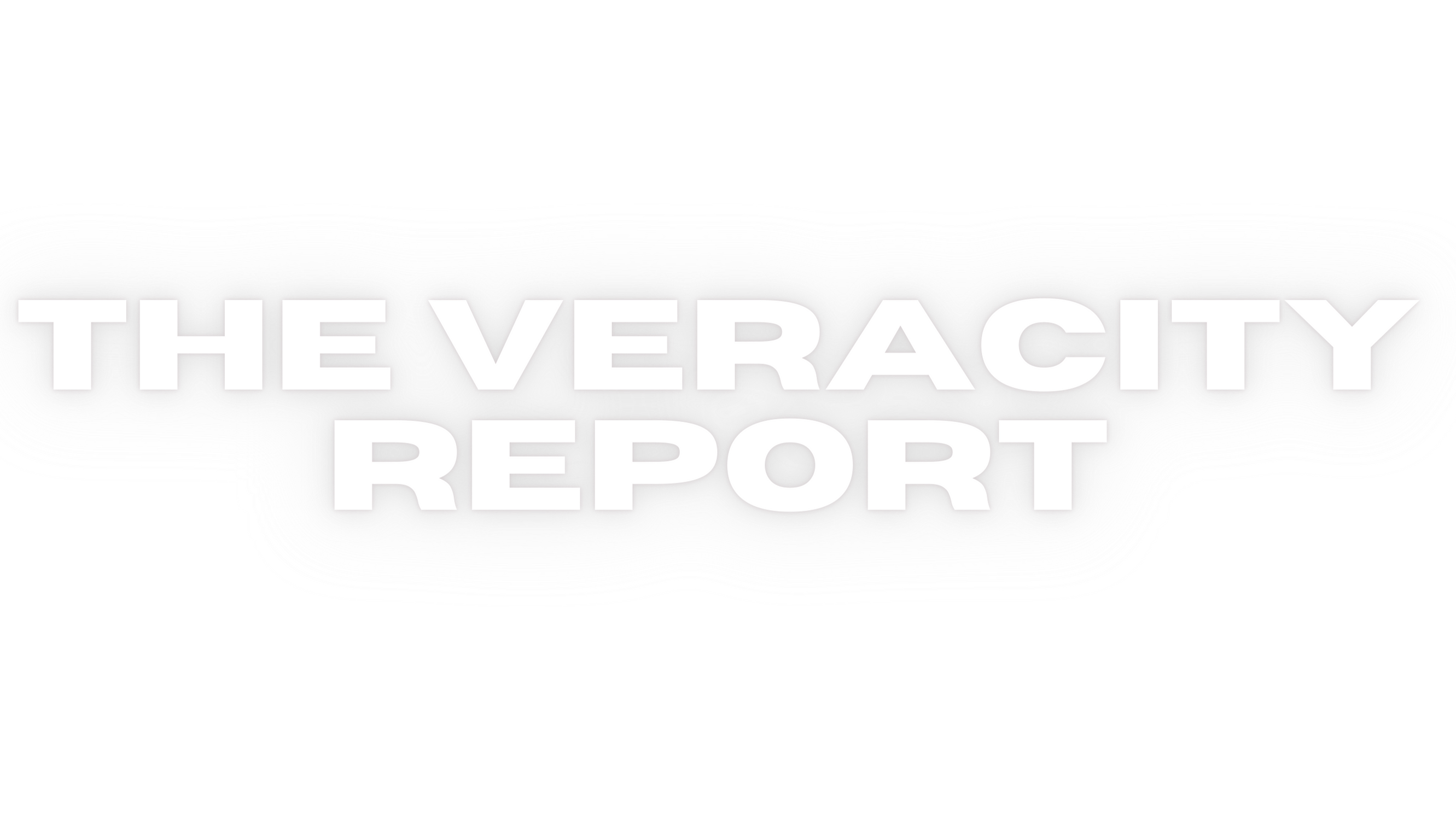Something for Nothing
5 min read

The trending propensity to believe that we deserve what we did not earn
The premise
In today’s society, there is a growing trend among individuals, particularly younger ones, to expect to be handed everything on a platter without putting in the necessary effort. This story will explore this human penchant, using specific examples to illustrate the issue.
One particular offender, whom we will refer to as Mia, will be highlighted throughout the story. It’s important to note that the name Mia is a pseudonym used to protect the real identity of the guilty party, whose real name is Paula, because I honestly don;t care about protecting her identity.
The rise of entitlement
Ultimately this story is being written because I am routinely set aghast by the propensity — not only for people to exhibit entitlement, but to do so proudly and without remorse or shame. The sense of entitlement, where individuals feel deserving of rewards or recognition without earning either, has become increasingly prevalent in today’s society.
This phenomenon is particularly noticeable among younger generations who have grown up in an era of instant gratification and a belief that success should come effortlessly — literally, that all humans are, by definition, entitled to whatever they desire. Mia, as a representative of this mindset, exemplifies the growing trend.
Mia’s insistence on having her name included in all the credits and opening introductions of the bootstrapped podcast I had created, which she had agreed to assist with on an internship basis, was the last straw.
Despite not investing anything financially and only a minuscule amount of ‘sweat equity’ into the show’s production,(less than 20 hours per week compared to my almost 90) serves as a prime example of this entitlement. Her actions highlight a disregard for the value of hard work and a desire for external validation without deserving it.
The bootstrapped podcast model
To better understand this issue, let’s delve into the specific example of the bootstrapped podcast that I created and which Mia was involved in. As the individual who provided the necessary financing and expertise for the podcast, it was evident that Mia’s role was limited to being an extra conversational voice and an additional backstage researcher. While her participation added some value to the show, it was far from being a significant contribution.
Despite this, Mia insisted that her name should be included with mine in all of the show’s opening credits and introductions — as if she played a pivotal role in the podcast’s creation financing or daily production. This demand showcased a clear sense of entitlement, as Mia expected an equal level of recognition despite only exhibiting minimal effort. In short, she was attempting to capitalize on the success and hard work of others, particularly me.
The desire to receive something for nothing
Mia’s behavior in the bootstrapped podcast example aligns with the much broader, more recent, societal trend of wanting something for nothing. In today’s fast-paced and interconnected world, where information and opportunities are readily available, many individuals mistakenly believe that success should come effortlessly and without sacrifice.
This desire for instant success without putting in the necessary work or investment is often fueled by unrealistic expectations and a lack of understanding about the value of hard work. Mia’s insistence on being credited for a minimal contribution reflects this mindset and serves as a reminder of the importance of recognizing and appreciating the efforts of those who truly invest time, resources, and expertise.
The societal impact
When individuals like Mia demand recognition and rewards without deserving them, it undermines the hard work and achievements of others. This entitlement-driven mindset can lead to a devaluation of genuine effort and discourage individuals from striving for excellence.
Furthermore, this desire for something for nothing perpetuates a culture of mediocrity, where individuals become complacent and reliant on others to provide them with opportunities and success. This hinders personal growth and limits the potential for innovation and progress in society.
Nurturing a culture of accountability
To address this issue, it is crucial to foster a culture of accountability, where individuals are encouraged to take responsibility for their personal successes and contribute meaningfully to their endeavors. Recognizing and rewarding genuine effort, as well as emphasizing the value of hard work, are essential components of cultivating this culture.
By shifting the focus from instant gratification to long-term dedication and perseverance, society can empower individuals to achieve their goals through their own merit. This requires promoting a mindset that values hard work, resilience, and personal growth, rather than expecting rewards without earning them.
The summation
The human penchant for wanting to be handed everything on a platter is a concerning trend, particularly among younger individuals in today’s society. Mia’s behavior in the bootstrapped podcast example serves as a powerful illustration of this mindset, highlighting the desire for something for nothing and a sense of entitlement.
To counteract this detrimental mindset, it is crucial to promote a culture of accountability and appreciation for hard work. By encouraging individuals to take responsibility for their own success and recognizing the efforts of those who genuinely invest time and resources, we can foster personal growth, innovation, and a society that values merit over entitlement.




